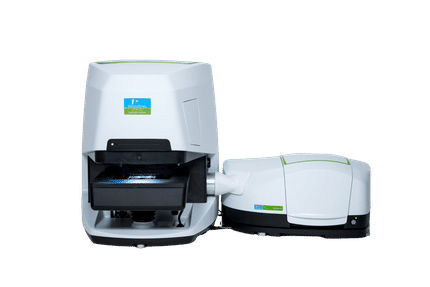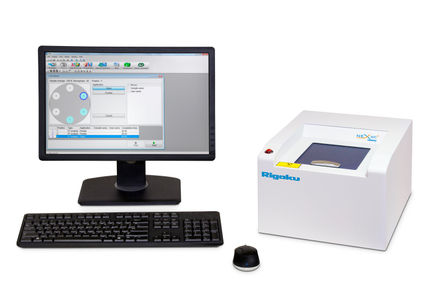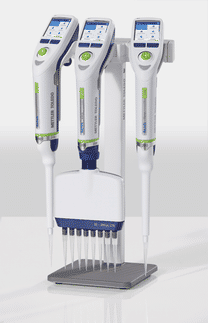To use all functions of this page, please activate cookies in your browser.
my.chemeurope.com
With an accout for my.chemeurope.com you can always see everything at a glance – and you can configure your own website and individual newsletter.
- My watch list
- My saved searches
- My saved topics
- My newsletter
AvidinAvidin is a glycoprotein found in the egg white and tissues of birds, reptiles and amphibians. It contains four identical subunits having a combined mass of 67,000-68,000 daltons. Each subunit consists of 128 amino acids and binds one molecule of biotin. The extent of glycosylation is very high. Carbohydrate accounts for about 10% of the total mass of avidin. Avidin has a basic isoelectric point (pI) of 10-10.5 and is stable over a wide range of pH and temperature. Extensive chemical modification has little effect on the activity of avidin, making it especially useful for protein purification. Because of its carbohydrate content and basic pI, avidin has relatively high nonspecific binding. Product highlightRelationship between avidin and biotinAvidin has a very strong affinity for biotin with a KD (dissociation constant) of approximately 10-15 M-1, the highest known affinity between any protein and its ligand, and, as such, prevents biotin absorption in the gastrointestinal tract. In biochemical applications, streptavidin or NeutrAvidin, which also bind very tightly to Biotin, are often used in place of avidin. Avidin's affinity for biotin is exploited in wide ranging biochemical assays, including western blot, ELISA, ELISPOT and pull-down assays. Avidin immobilized onto solid supports is also used as purification media to capture biotin-labelled protein or nucleic acid molecules. For example, cell surface proteins can be specifically labelled with membrane impermeable biotin reagent, then specifically captured using an avidin-based support. References
|
||||||||||
| This article is licensed under the GNU Free Documentation License. It uses material from the Wikipedia article "Avidin". A list of authors is available in Wikipedia. | ||||||||||







